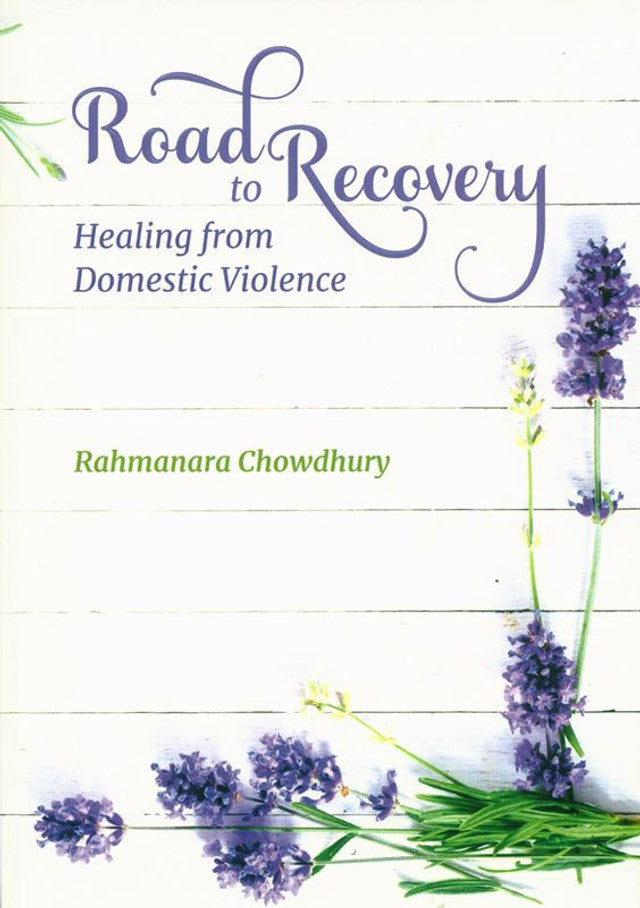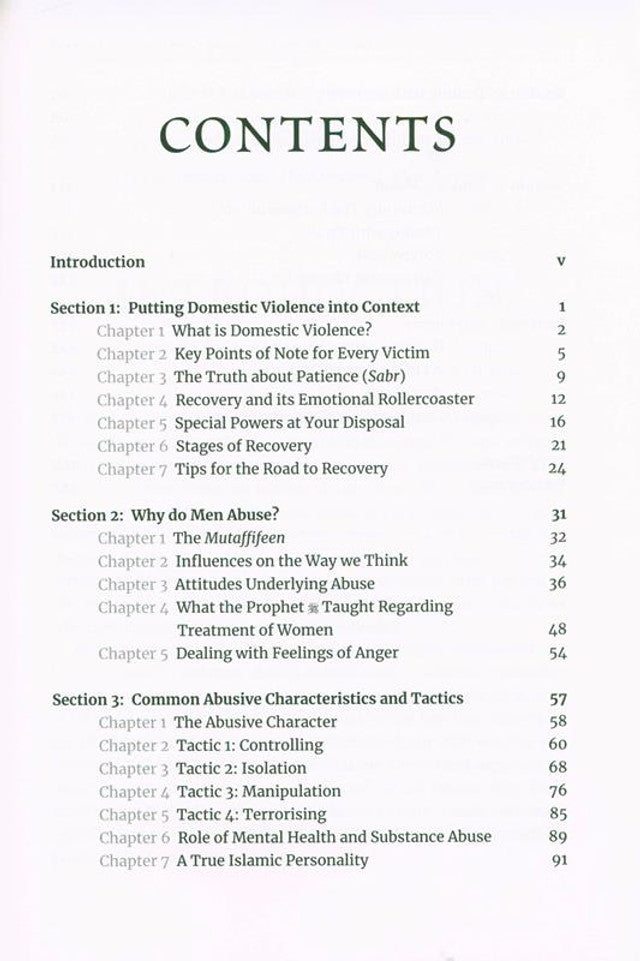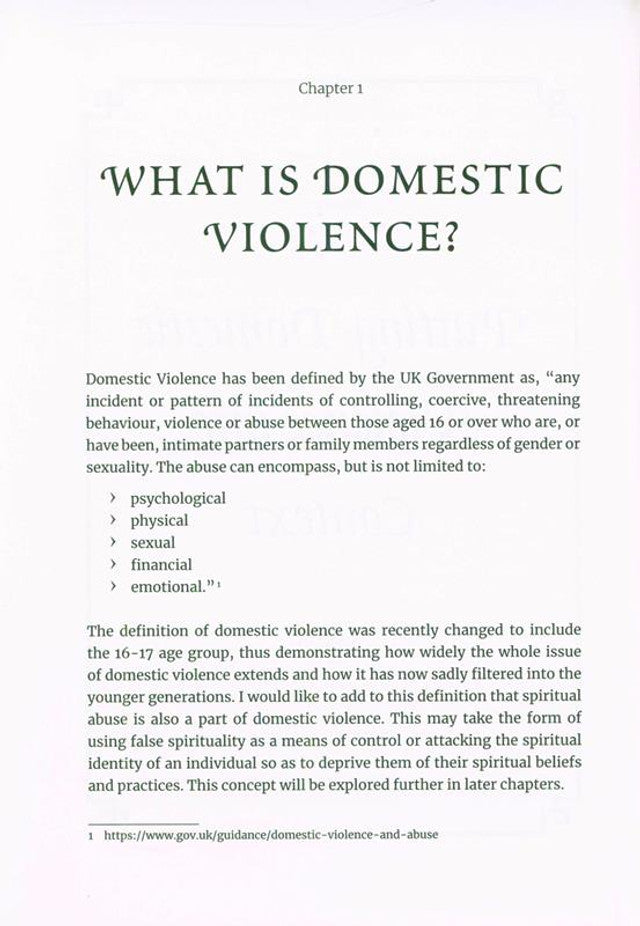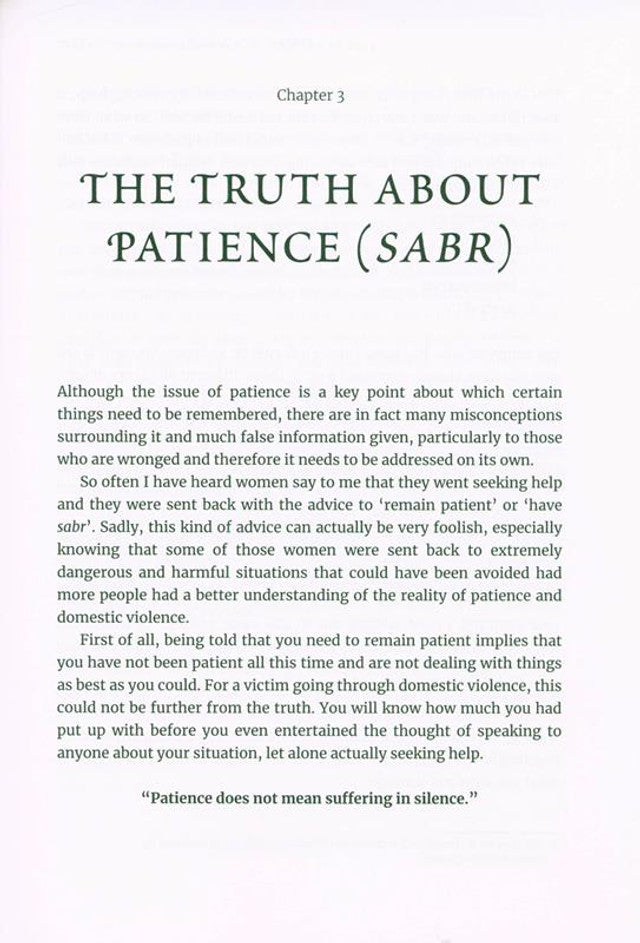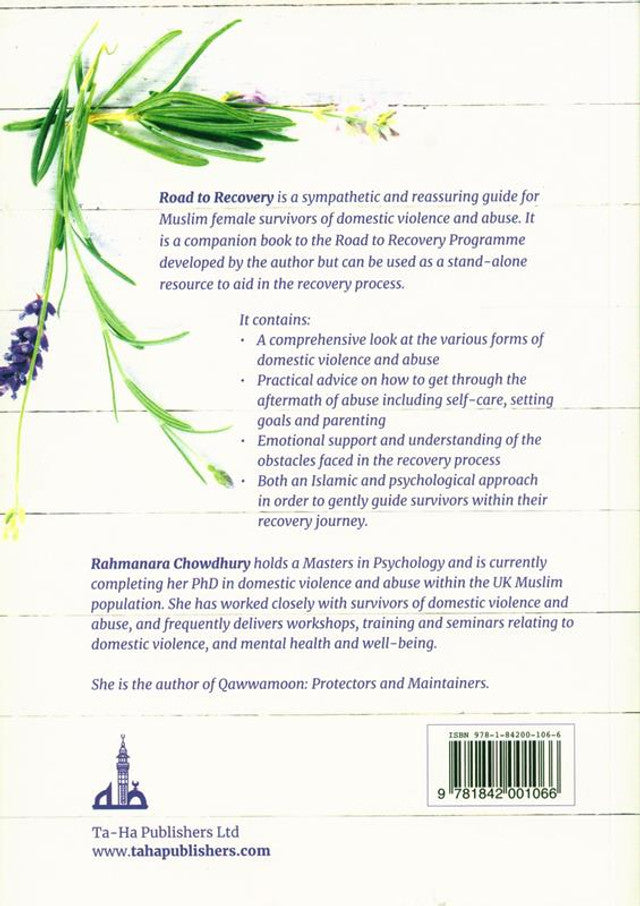Road To Recovery Healing From Domestic Violence
Road To Recovery Healing From Domestic Violence
Publisher:
Ta Ha Publisher
Author:
Rahmanara Chowdhry
Language:
English
Binding:
Soft Cover
Pages: 141
Size: A5 |5.8 x 8.3 in| 14.8x 21 cm
Couldn't load pickup availability
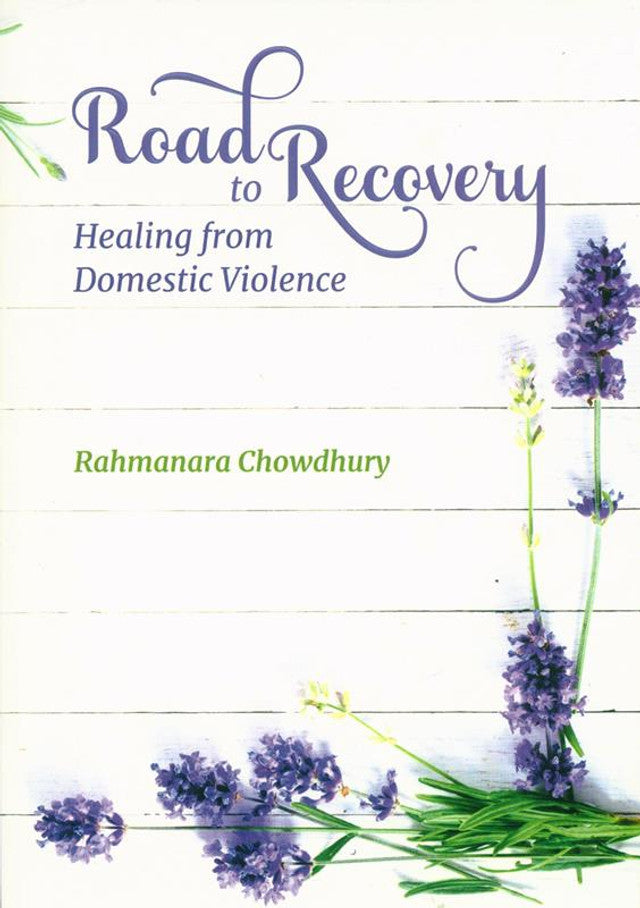
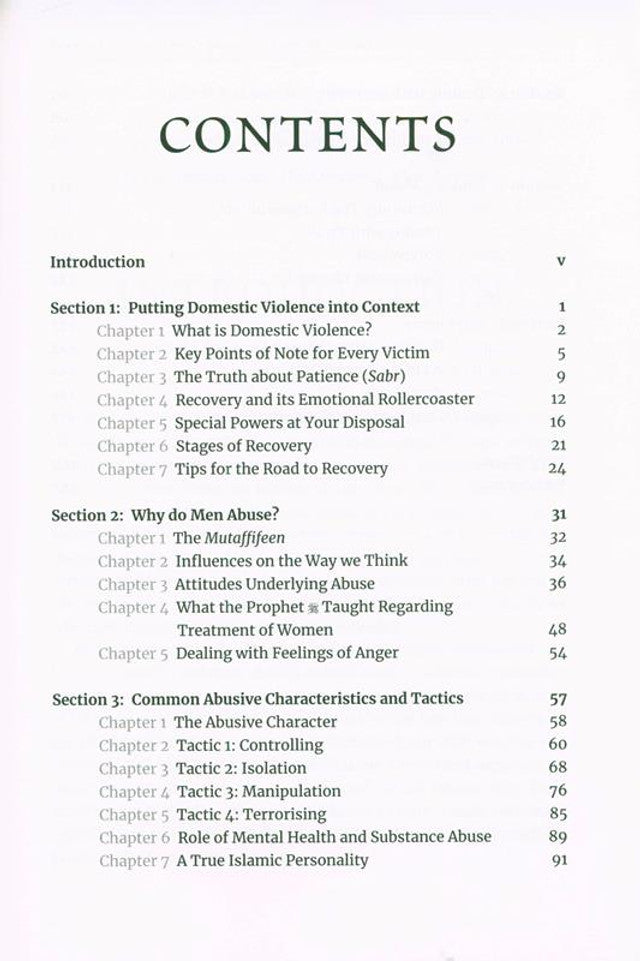
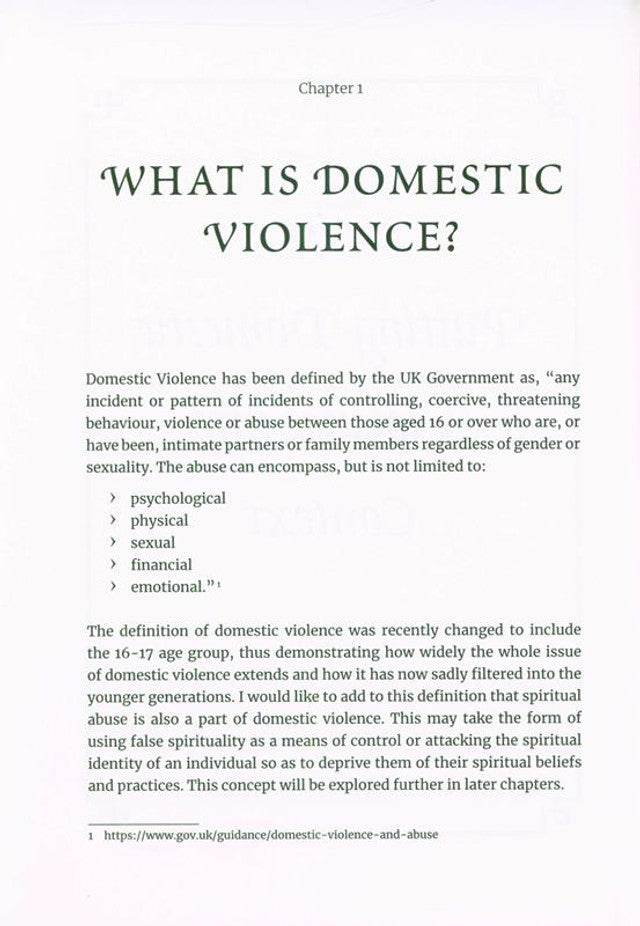
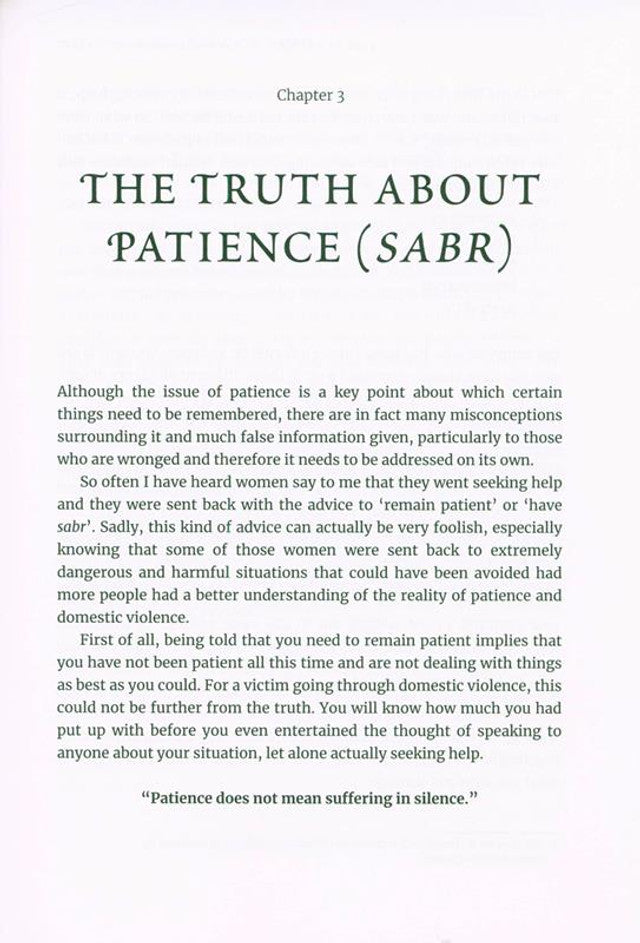
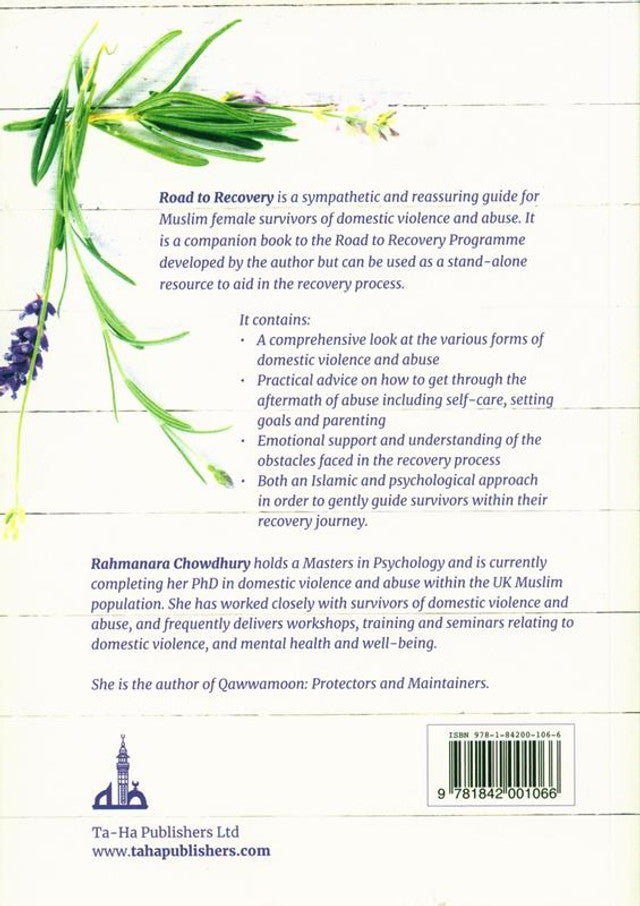
Collapsible content
Description of Book
This book, Road to Recovery, is designed for Muslim women who have experienced domestic violence and abuse. It can be used on its own or in conjunction with the Road to Recovery Programme, developed by the author. The book provides a thorough examination of different types of domestic violence and abuse, offers practical guidance for navigating life after abuse, and offers emotional support and understanding for the challenges faced during the recovery process. It takes both an Islamic and psychological approach to gently guide survivors in their journey to healing.
Publisher
Ta Ha Publisher
Author
- Rahmanara Chowdhry

